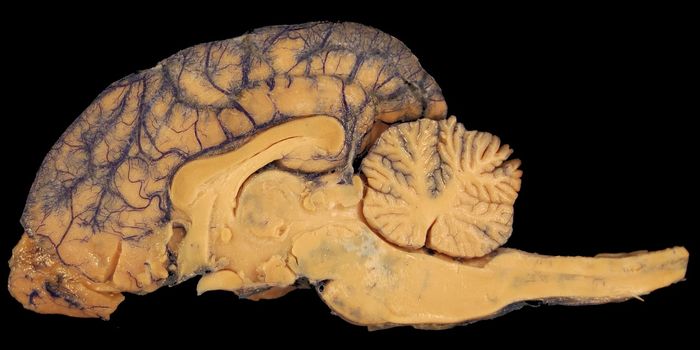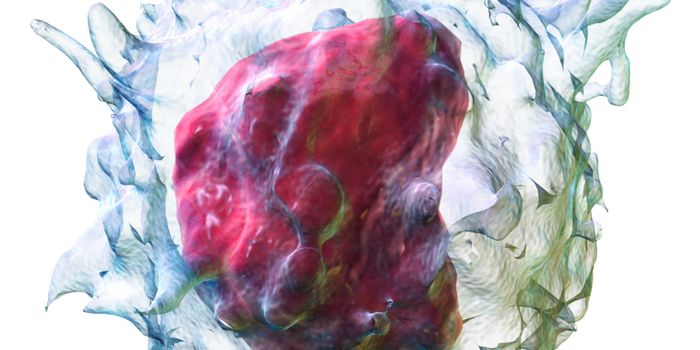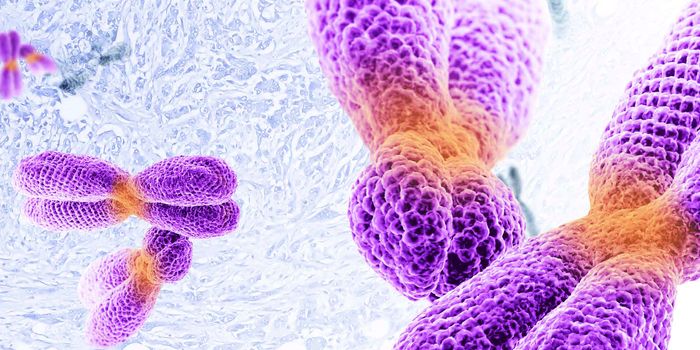A New CDK Inhibitor Could Help with Unresponsive Liver Cancer
Amongst the most common targets of anti-cancer drugs are small regulatory molecules called cyclin-dependent kinases (CDKs). In humans, several of these proteins regulate the cell cycle, a critical process in cellular replication, and interruption of anyone can set the cell into self-destruct mode.
Many successful chemotherapy treatments center around inhibiting one or more of these CDKs. Cancer is constantly growing, and therefore constantly running through the cell-cycle. Scientists successfully guessed that you could effectively impair cancer growth if you inhibited progression through the cell cycle. While many drugs, such as palbociclib and ribociclib, have proven successful in treating cancers this way, there are still some prove unresponsive.
One such cancer is a type of liver cancer called cholangiocarcinoma. It is one of the more common forms of liver cancer and is unresponsive to most chemotherapies with a poor prognosis. Clearly, more work needs to be done to identify a successful therapy option for this cancer, and a team of scientists from the California Pacific Research Institute might have an answer.
The drug dinaciclib is a CDK inhibitor that has shown some promising anti-cancer results in several other studies. Although not FDA approved like palbociclib and others, its ability to target several CDKs with a good safety profile in mouse studies makes it a great candidate for future chemotherapy. In a new study, the team from California investigated to see if dinaciclib could treat cholangiocarcinoma when so many others have failed.
Dinaciclib first came on the team’s radar after a drug screen for cholangiocarcinoma treatment candidates showed it had some effect on cancer. Checking the expression levels of the CDKs dinaciclib targets, it was confirmed that cholangiocarcinoma did indeed have a higher expression of said CDKs. The team decided to test it against the FDA approved palbociclib and found that dinaciclib performed much better against cholangiocarcinoma cells in vitro. A mouse study then showed that in combination with the chemotherapy gemcitabine, the current treatment for cholangiocarcinoma, dinaciclib performed even better in impairing cancer cells’ growth.
This study identified dinaciclib as a promising chemotherapy candidate for cholangiocarcinoma patients. Cholangiocarcinoma has proven unresponsive to many chemotherapies so far. However, dinaciclib combined with gemcitabine is shown to inhibit its growth both in vitro and in vivo significantly. Combined with several other positive studies, make dinaciclib a great novel chemotherapy candidate.
The study concludes, “our data demonstrate, for the first time, the utility of dinaciclib, a well-tolerated cyclin-dependent kinase inhibitor, as a promising selective therapeutic option for treatment of CCA alone or in combination with gemcitabine.”
Sources: Nature Scientific Reports, khanacademymedicine









